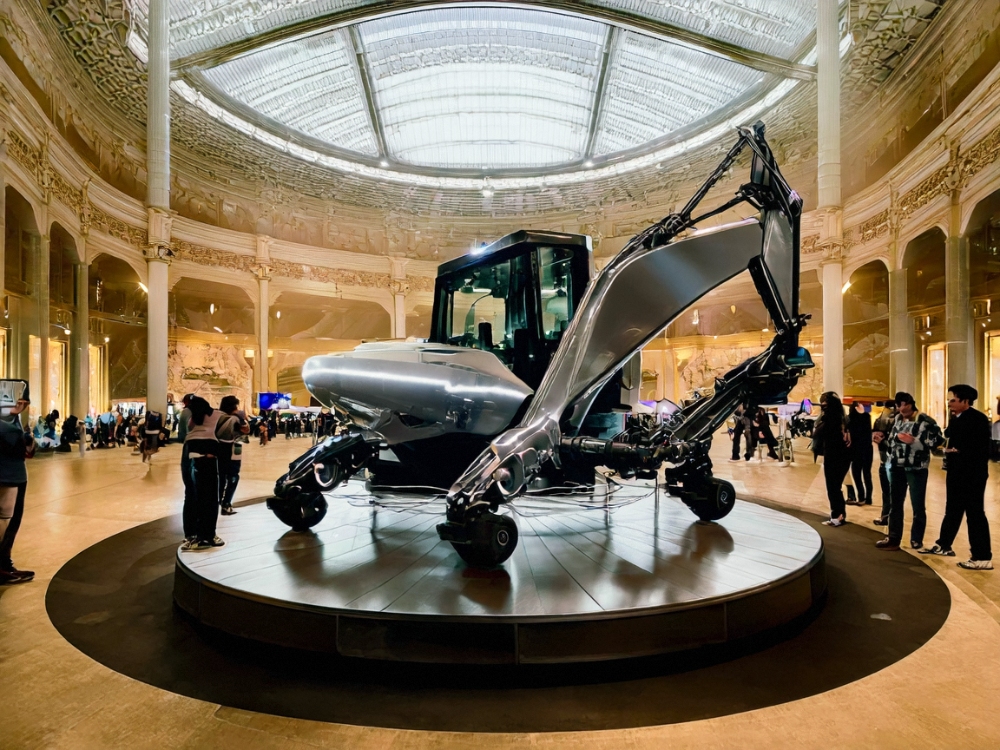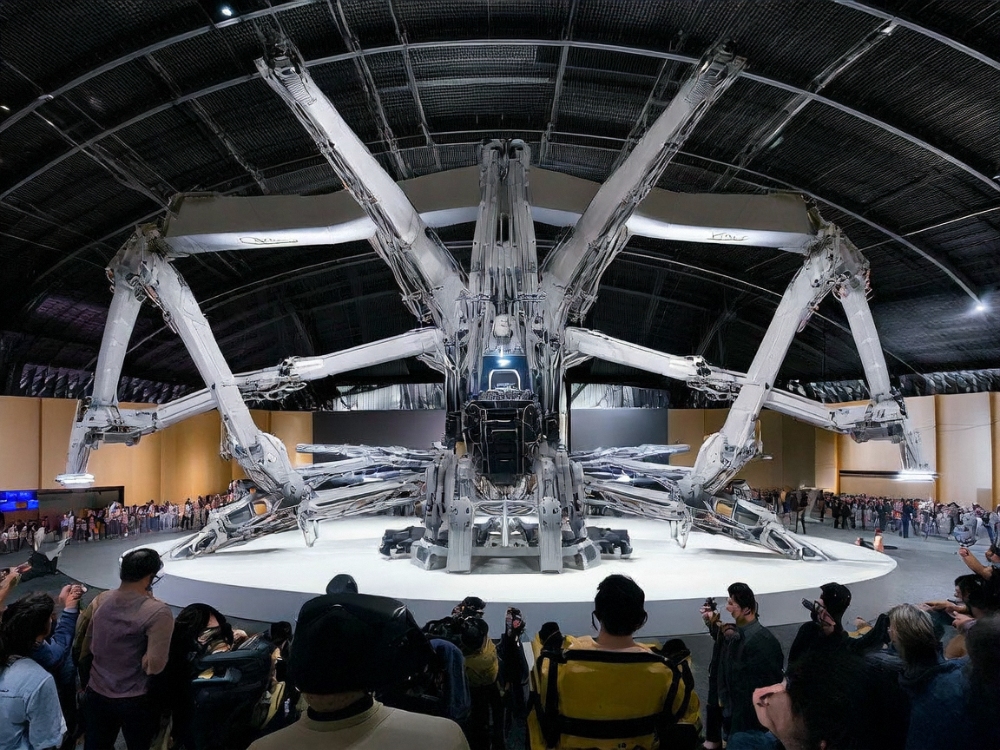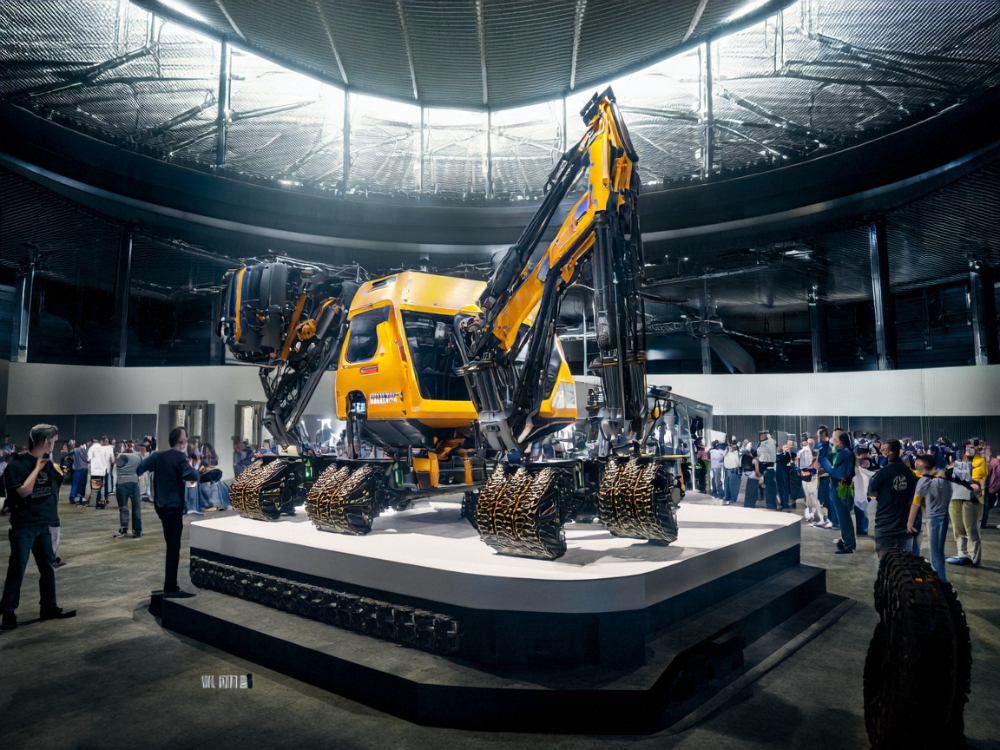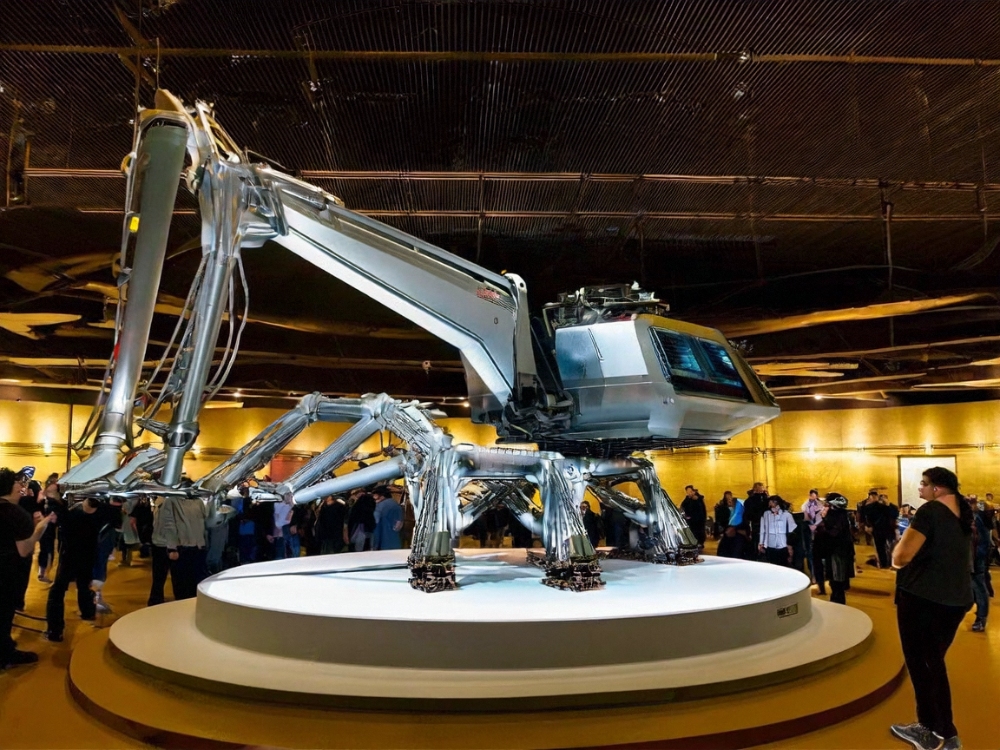Recommend Products
-
$62,000$66,000
-
$65,000$69,000
-
$17,000$19,000
-
$20,500$21,500
If you choose the right time and buy from a reliable source, investing in a used excavator can be a cost-effective option for buyers in need of this equipment. Compared to the high price of new machines, used excavators are much cheaper. However, the risks in the market cannot be ignored. Since used excavators have already been in operation, there may be hidden issues or historical problems. If these are overlooked during the purchase, it could lead to significant headaches later. While most problems can be fixed, it often requires substantial time and effort. If you're considering investing in a used excavator in 2024. you should carefully weigh these five factors before deciding whether it's the right choice for you.
1. Costs and Returns

When investing in an excavator, you need to look beyond the initial purchase price. Though cheaper than new machines, when buying a used excavator, factors like the manufacturing date, operating hours, and condition must be taken into account. Tiedou categorizes used excavators into specific grades: machines that are 1-3 years old are generally in peak condition, with most mechanical issues already addressed, and they are typically 20%-35% cheaper than new ones. For buyers with a larger budget, it's wise to choose this type of machine to reduce risks, as they offer better resale value and lower long-term maintenance costs. Machines that are 4-8 years old, if well-maintained, can still perform well, and they are usually 35%-60% cheaper than new ones, making them a good balance for both investment and use. Machines aged 8-15 years, however, come with higher chances of breakdowns due to their age but are ideal for experienced users. Priced at just 20%-40% of a new machine, they offer low investment and quick returns, which makes them popular among certain buyers, despite the risks.

2. Environmental Regulations
Many countries now have strict environmental regulations, and this is one of the most overlooked factors when purchasing a used excavator. If the machine doesn't meet local emissions standards, you may face fines or even be prohibited from using it. Buyers must thoroughly understand local laws before making a purchase. Some cities even ban older machines, although more remote areas may be more lenient. However, with increasingly strict emissions regulations in the future, certain models may become unusable.

3. Market Supply and Demand
When investing in a used excavator, you need to consider not only its current use but also its resale potential. Buying a brand or model popular in your country or city is crucial, as this affects the availability of spare parts and consumables, which can directly impact resale value. For those uncertain, opting for leading brands like Caterpillar, Komatsu, Hitachi, or Volvo can reduce the risk when selling the machine later.

4. Technology and Performance
Newer excavators often feature the latest engine and hydraulic technologies, which improve fuel efficiency and performance. Additionally, modern systems can make the machine easier to operate. However, older models, while more affordable, are generally cheaper to maintain and repair. Buyers should consider which type of machine best suits their needs based on their budget and technical expertise.

5. Condition and Reliability
When investing in a used excavator, you can’t judge the machine’s performance solely based on pictures. In addition to verifying the manufacturing date and relevant certificates, buyers should also request a detailed description of the equipment and gather as much information as possible through various communication methods. As we've mentioned before, at Tiedou, you only need to select the brand and model you are interested in, and we will provide a range of options at different price points. Each excavator undergoes strict inspections to minimize your risk and improve efficiency. Long-term customers can also enjoy discounts and spare parts supply services through Tiedou.